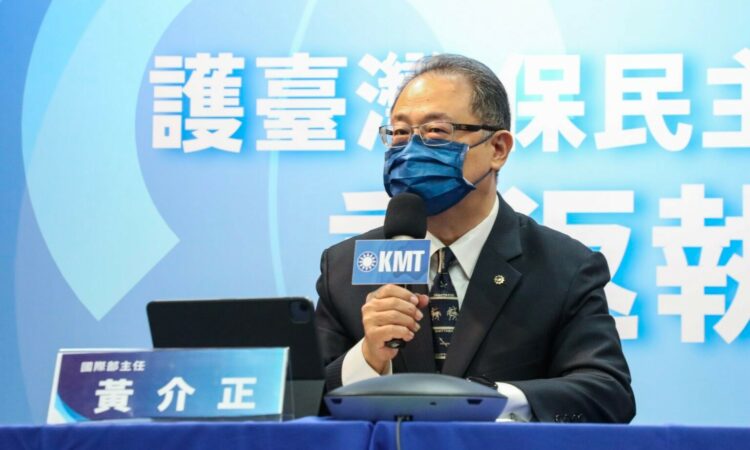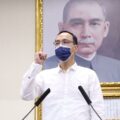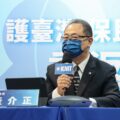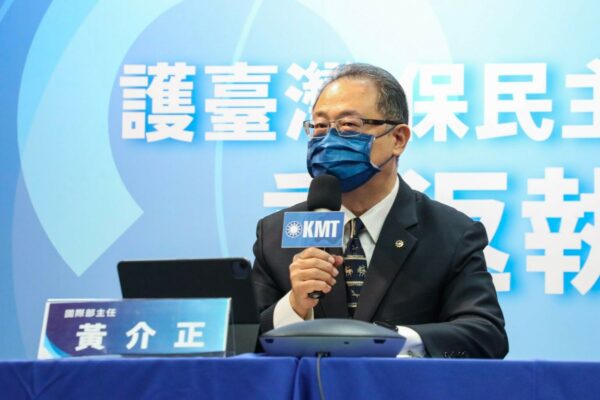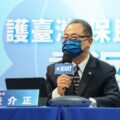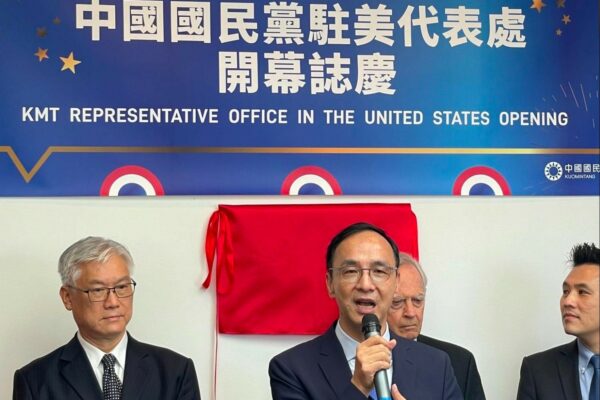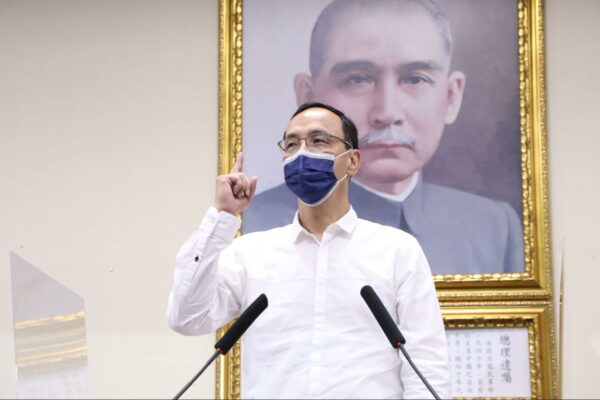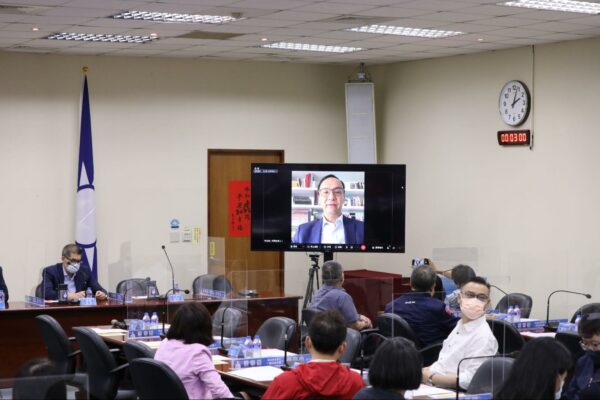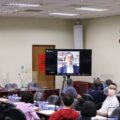During a press conference held on August 18, the Democratic Progressive Party (DPP) caucus of the Legislative Yuan criticized the Kuomintang (KMT) for its comments on the United States withdrawal from Afghanistan, saying that they had negatively affected the Republic of China’s (ROC) diplomatic relations. In response, the KMT countered that the administration of President Tsai Ing-wen has a lack of knowledge in international relations behind the U.S withdrawal from Afghanistan.
“The DPP never proposes concrete measures while blaming others. It leans towards the United States in order to combat mainland China. They evade the reality by fooling the people. Furthermore, they blur the focus of the government’s failure in its coronavirus (COVID-19) relief policy and incapability to acquire sufficient vaccines by launching a smear campaign against the KMT,” added the KMT.
The KMT indicated that the New York Times had reported, ‘’the United States has been pulling back from military engagement in Afghanistan, which has deeply impacted the democratic alliance. The U.S. no longer is willing to assume the burden of unlimited liability alliances, and that hesitation will now be felt all the more strongly among countries in play in the world, like Taiwan, the Ukraine, the Philippines and Indonesia ‘’.
In the news report, Tom Tugendhat, a Conservative Party member of the British Parliament who serves as Chairman of the Foreign Affairs Committee, is quoted as saying that ‘’the sudden withdrawal from Afghanistan after 20 years and so much investment in lives and effort will see allies and potential allies around the world wondering whether they have to decide between democracies and autocracies, and realize some democracies don’t have staying power anymore’’.
The KMT stated that the U.S. withdrawal from Afghanistan proved that the KMT’s policy of being “close to the United States, while maintaining peace with the Chinese mainland” and continuing to strengthen our national defense and economic strength was the correct direction. The DPP’s narrow-minded policy of deliberately neglecting and belittling the institutionalization of cross-strait relations is definitely not the right path, adding that the DPP talks too much and does too little regarding national defense, which disappointed the Americans. The KMT, therefore, urged the DPP to stop fooling the people and return to the KMT’s pragmatic policy that prioritizes ROC sovereignty and the well-being of the Taiwanese people.
The KMT emphasized that during the presidency of Ma Ying-jeou, Taiwan never needed to worry about how long it would last in a war with Mainland China or whether the United States would rush in to help. Now that the political situation in Afghanistan has changed, people in Taiwan are rethinking the variables affecting national security.
